The Strange and Eccentric History of Creating a “Micronation”
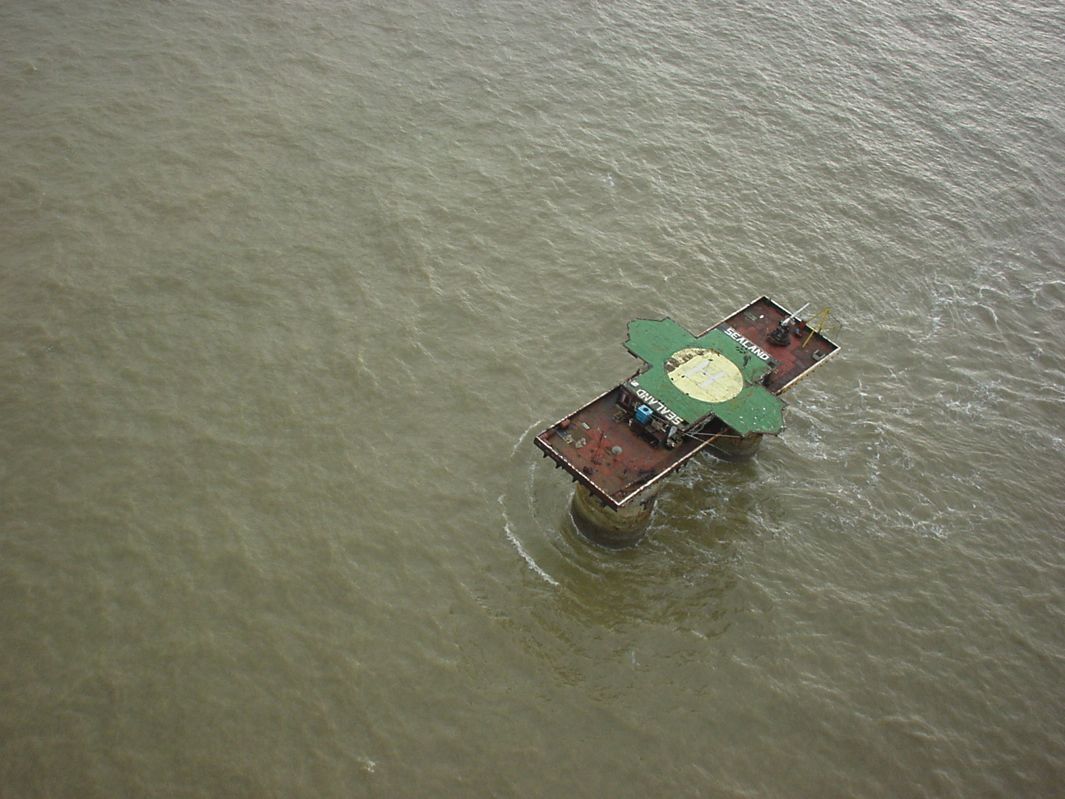
Courtesy of Ryan Lackey/Flickr
Roman Mars’ podcast 99% Invisible covers design questions large and small, from his fascination with rebar to the history of slot machines to the great Los Angeles Red Car conspiracy. Here at the Eye, we cross-post new episodes and host excerpts from the 99% Invisible blog, which offers complementary visuals for each episode.
This week's edition—about the micronation known as the Principality of Sealand—can be played below. Or keep reading to learn more.
In 1933, delegates from the United States and 14 other countries met in Montevideo, Uruguay, to define what it means to be a state. The resulting treaty from the Montevideo Convention established four basic criteria for statehood—essentially, what is required to be recognized as a country.
The state as a person of international law should possess the following qualifications: a defined territory, a permanent population, a government, and a capacity to enter into relations with the other states.
Over time, some people got to thinking that the criteria for becoming a state seemed surprisingly simple. So simple that some attempted to declare their houses as independent countries. So-called micronations popped up around the world.
Most of these micronations aren’t expecting anyone to take them seriously, and many don’t even meet all four criteria laid out at the Montevideo Convention—like Molossia, which is basically one guy’s house in Nevada.
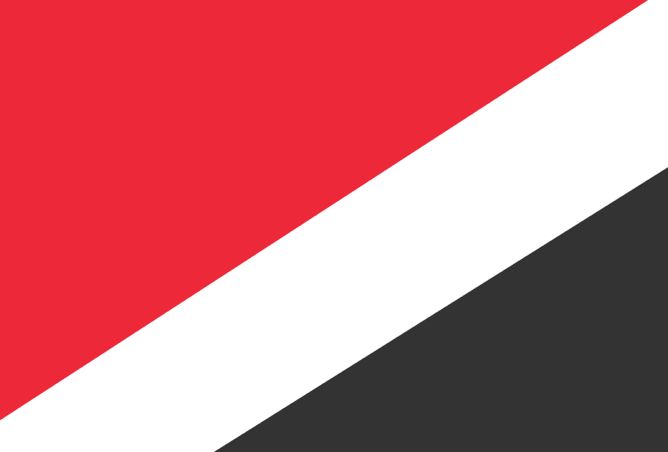
Courtesy of Wikimedia Commons
The president of Molossia, Kevin Baugh, walks around in full military regalia, like a dictator. Molossia’s currency is pegged to the price (in U.S. dollars) of Pillsbury cookie dough. A few years ago, Baugh started the Micronational Olympics, where micronations compete against one another in events like checkers and the boomerang throw.
It’s fairly easy to dismiss most micronations as just some dude’s crazy project. But one micronation, the Principality of Sealand, cannot be dismissed so easily. A micronation about 6 miles off the coast of England in the North Sea, Sealand is a metal platform about the size of a football field, sitting atop two concrete pillars.
The platform was once a military fortress, built in 1943 to defend the United Kingdom against German aircraft. It didn’t become a micronation until the birth of rock ’n’ roll.
In the 1960s, the British government wasn’t giving out enough broadcasting licenses to meet the demand for all the rock music that its youth was suddenly demanding. A bunch of DJs began setting up pirate radio stations on ships and abandoned British forts in the North Sea. From there they would broadcast rock music back to mainland England.
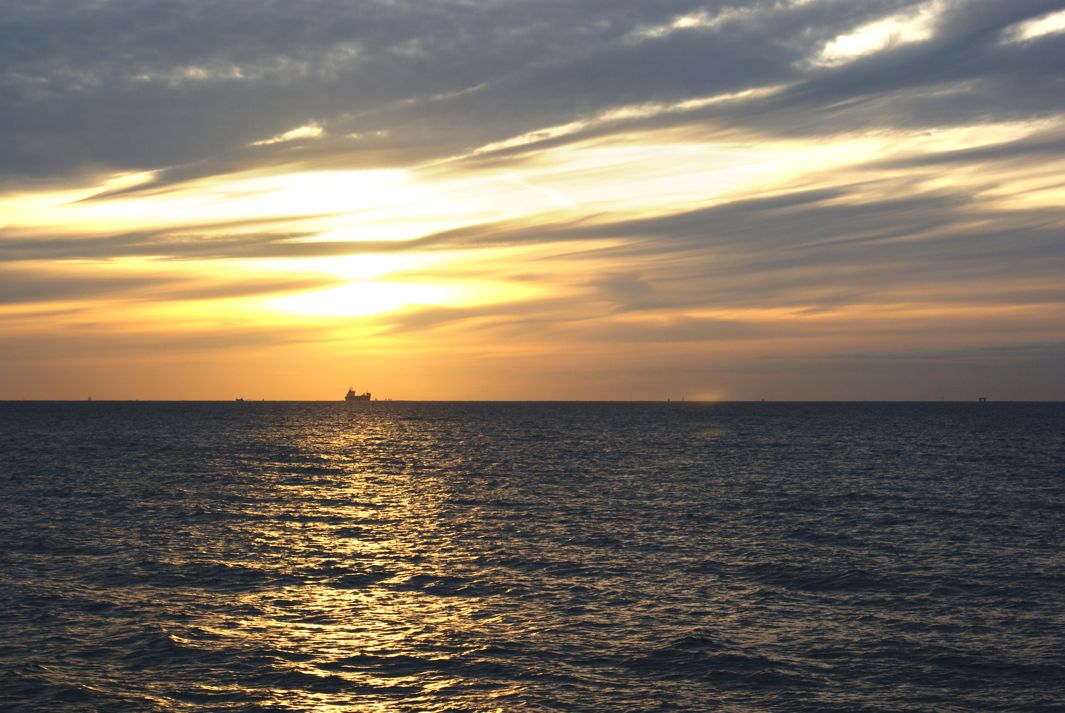
Courtesy of Steve Arnold/Flickr
One such pirate radio DJ was Roy Bates. The British government kept hitting Bates with huge fines. So in 1967, Bates developed a bigger plan for his platform than a radio station: to start his own country.
Bates thought this platform was uniquely suited for independence. It was 6 miles off the coast of England, and at the time England’s territorial waters only reached 3 miles off shore. The law has since been changed; now England’s territorial boundaries extend 12 miles offshore.
Back in 1967, with the 3-mile rule in play, Bates considered the fort claimable territory. He didn’t buy the platform or ask for permission. He just gathered up his family and moved there, raising a flag over the platform and calling it the Principality of Sealand. The government might call this squatting, but for the Bates family, this was nation-building. The country’s motto is: “From the Sea, Freedom.”
For many years, Sealand had a population of four: Bates; his wife, Joan; his daughter, Penelope; and his son, Michael. They built a house, set up a water-gathering system, and filled some of the rooms in the towers with canned food. Today, Sealand is fully furnished. It includes a nondenominational chapel, power generators, and even a gym where you can work out.
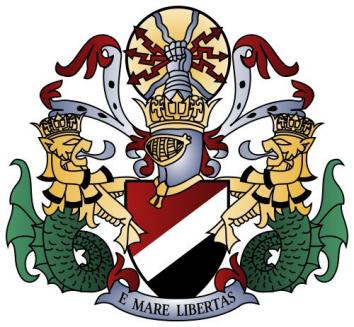
Courtesy of Wikimedia Commons
Michael was 14 and going to boarding school when his dad moved his whole family out to Sealand. Michael thought this crazy plan would last maybe six months, but he and his dad ended up living on the platform for about 25 years. Growing up, whenever Michael would get sick of being stranded on a platform out in the middle of the ocean, he would hitch a ride on a boat back to England to go out on the town.
The legal code of Sealand basically has all the same laws as England, except Sealand allows for the possession of firearms. The population of Sealand never had to use its guns, except one time, in Sealand’s war.
There aren’t a lot of ways to make money on Sealand, so in 1978, Bates started talking to some businessmen from Germany, Austria, and Belgium about building a leisure island around Sealand and putting a casino on it. When Bates and his wife went to Austria to talk with some funders about this deal, Michael, who was 25 at the time, stayed at home to watch over Sealand. He was the only one there when a helicopter showed up and a group of men lowered themselves to the platform.
Michael recognized some of these men. One of them was Sealand’s minister of foreign affairs—a German entrepreneur named Alexander Achenbach who was trying to shut Michael’s family out of the casino deal. Achenbach told Michael that his father had signed Sealand over to him and that the property was now his. He was staging a coup.
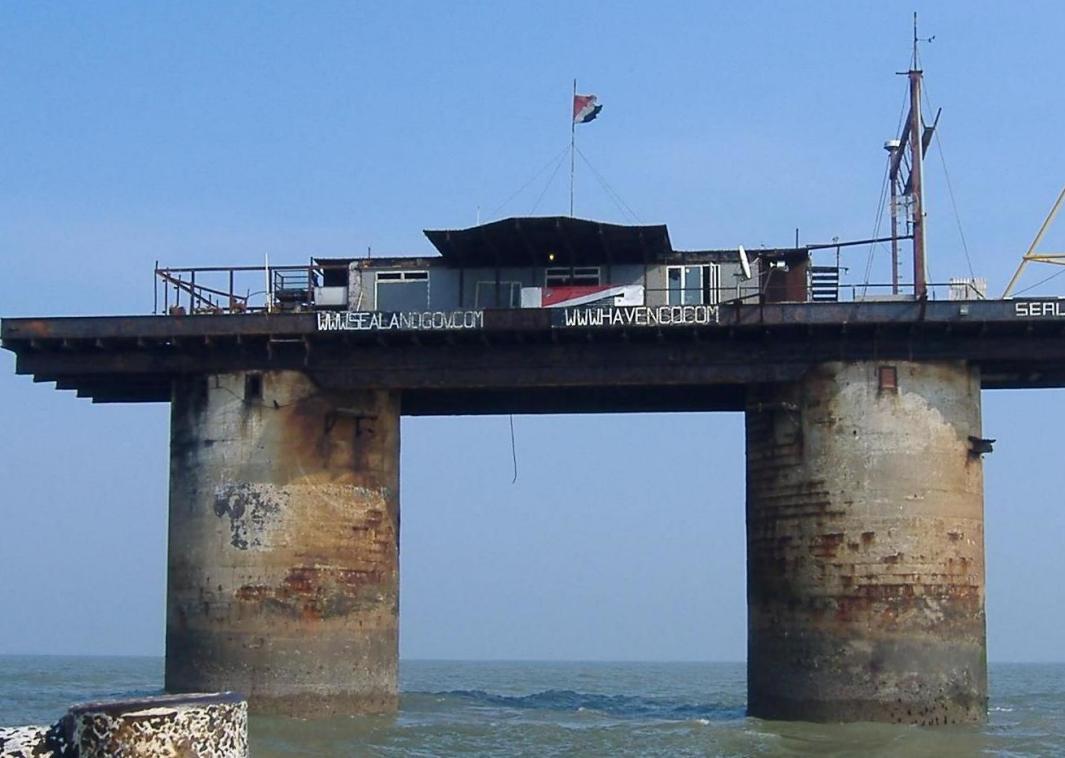
Courtesy of Richard Lazenby/Wikimedia Commons
Michael didn’t believe Achenbach, telling him to wait until his father returned before going into the house to get everyone some drinks. That’s when Achenbach and his crew barricaded the door, trapping Michael in his own home. They kept him there for four days, until the captors put Michael on a boat to the Netherlands.
Exiled in the Netherlands, Michael got in touch with his dad, who confirmed that, of course, he hadn’t signed Sealand over to Achenbach. They made a plan to take their country back, enlisting a friend with a helicopter to take them back out to the platform. The father and son, along with two friends, took off in the middle of the night.
Michael slid down a rope from the helicopter onto the platform. As he hit the deck, he could see all the invaders running out of the building. Michael climbed up on the roof, brandishing a sawed-off shotgun. In the commotion, Michael says, the gun accidentally fired.
That one shot was enough to scare the invaders into surrendering. Bates and his son let all the noncitizens of Sealand go—everyone except for Achenbach. They charged him with treason and brought him to trial, with Bates presiding as judge, holding him prisoner until a German ambassador came out to Sealand to negotiate his release. Eventually, they let Achenbach go, and all hostilities were ended.
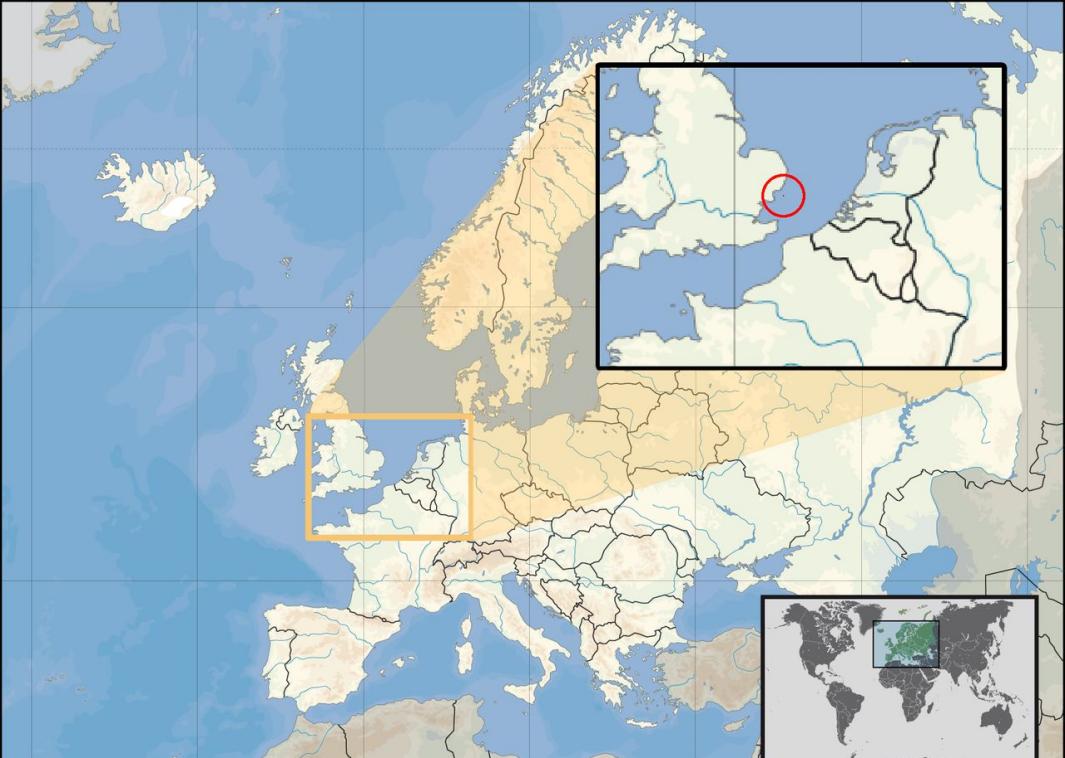
Courtesy of David Liuzzo/Wikimedia Commons
In its negotiations with a German ambassador, Sealand had entered into formal relations with another country, thus fulfilling the fourth Montevideo criterion for being a state. Nevertheless, most experts do not recognize it as such. There are actually a number of places meeting the Montevideo criteria that are still not considered nations by the United States, such as Taiwan, which is currently recognized by 22 countries. China, however, still considers Taiwan to be a Chinese province, and to avoid upsetting China, the United States doesn’t officially recognize Taiwan.
Sealand is currently recognized by zero countries, but the United Kingdom hasn’t reclaimed it, either. Today, it has just one resident—its head of homeland security—who will stamp your passport if you decide to visit.
To learn more, check out the 99% Invisible post or listen to the show.
